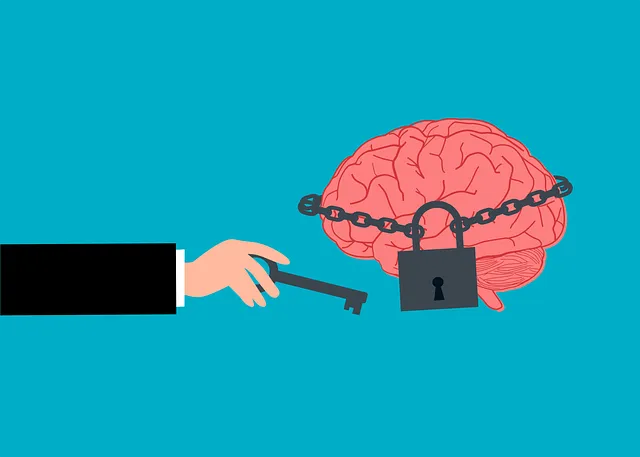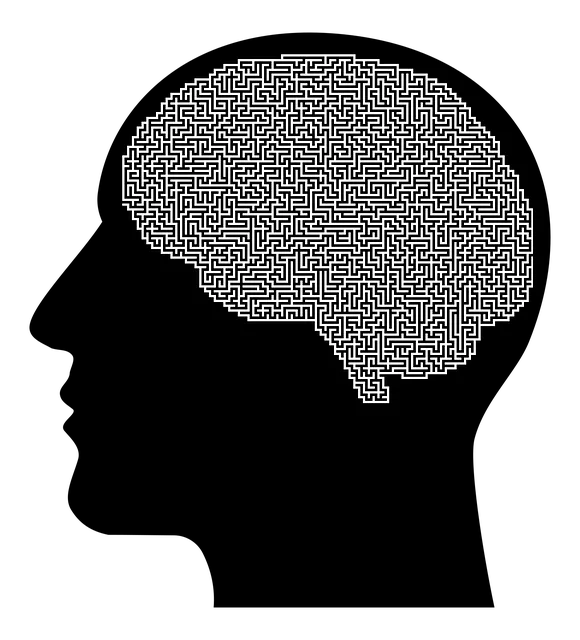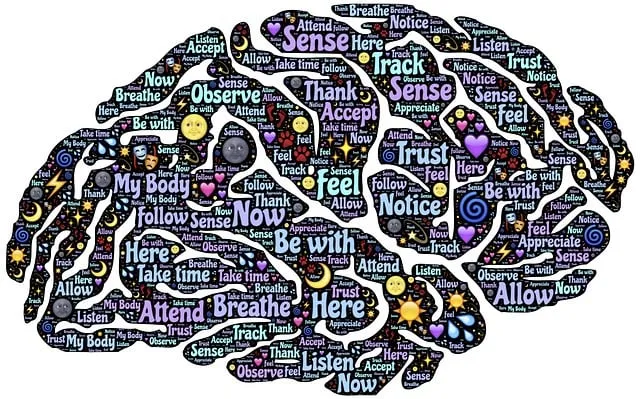The text highlights the barrier posed by mental illness stigma, which discourages individuals from seeking help from services like Kaiser Permanente behavioral health services Lafayette. It emphasizes the importance of initiatives promoting destigmatization and early intervention, such as Mental Health Policy Analysis and Advocacy. Kaiser Permanente Lafayette has pioneered a holistic approach to mental health care, focusing on open communication, self-esteem improvement, and burnout prevention. Their community engagement strategies include workshops, panel discussions, and campaigns to normalize help-seeking behaviors. Evaluating the impact of these efforts is crucial for understanding their effectiveness and shaping future programs, with success measured by improved attitudes, access to care, and quality of life.
Mental illness stigma remains a significant barrier to individuals seeking help. This article explores efforts to reduce this stigma through various initiatives, including an in-depth look at Kaiser Permanente Lafayette’s innovative approach to behavioral health services, community engagement strategies, and education campaigns. We also discuss measuring success and future directions, highlighting the impact of these programs on fostering open conversations about mental health. By examining these comprehensive efforts, we aim to shed light on effective ways to combat stigma and promote better access to care, particularly through Kaiser Permanente Lafayette’s leading practices in behavioral health services.
- Understanding Stigma: Barriers to Seeking Help
- Kaiser Permanente Lafayette's Approach to Behavioral Health Services
- Community Engagement and Education Strategies
- Measuring Success: Evaluating Impact and Future Directions
Understanding Stigma: Barriers to Seeking Help

Stigma surrounding mental illness is a significant barrier to individuals seeking help for their well-being. Many people struggle with understanding and accepting that mental health challenges are as real and treatable as physical ailments. This misconception often leads to embarrassment, fear of judgment, or even discrimination, causing individuals to hesitate before reaching out for support. The impact of this stigma can be profound, particularly in communities where access to mental health resources is limited, such as the areas served by Kaiser Permanente behavioral health services Lafayette.
Efforts to reduce stigma must address these barriers by fostering open conversations about mental health and educating the public on the nature of various conditions. Initiatives like Mental Health Policy Analysis and Advocacy play a crucial role in promoting policies that destigmatize mental illness and encourage individuals, especially those at risk for depression prevention, to seek early intervention and treatment. By improving self-esteem and challenging societal perceptions, these strategies can help create an environment where people feel empowered to discuss their experiences without fear of stigma, ultimately leading to better access to behavioral health services.
Kaiser Permanente Lafayette's Approach to Behavioral Health Services

Kaiser Permanente Lafayette has taken a significant step forward in addressing mental health stigma through innovative behavioral health services. They prioritize open communication strategies, ensuring patients feel comfortable discussing their experiences and concerns. This approach fosters trust and encourages individuals to seek help without fear of judgment. By integrating these communication strategies into their care model, Kaiser Permanente aims to reduce the barriers that often prevent people from accessing necessary support.
Furthermore, the organization recognizes the importance of self-esteem improvement and burnout prevention in mental health management. They offer tailored programs and resources designed to enhance individuals’ sense of worth and resilience, thereby empowering them to take control of their well-being. These initiatives reflect Kaiser Permanente Lafayette’s commitment to holistic behavioral health care, focusing not just on treating symptoms but on fostering overall mental and emotional well-being.
Community Engagement and Education Strategies

In efforts to reduce the stigma surrounding mental illness, community engagement plays a pivotal role in fostering understanding and empathy. Kaiser Permanente behavioral health services in Lafayette have successfully implemented various educational initiatives targeting diverse communities. These programs focus on breaking down stereotypes through interactive workshops, panel discussions featuring individuals with personal mental health journeys, and community-wide awareness campaigns. By bringing people together, these strategies encourage open conversations about mental well-being, normalizing the experience of seeking help and promoting early intervention.
Education is a powerful tool in stigma reduction. Mental Health Policy Analysis and Advocacy groups have been instrumental in shaping public perceptions by providing accurate information about mental illness. They advocate for evidence-based practices and policies that support inner strength development and reduce discrimination. Through collaborative efforts, these organizations ensure that Stress Reduction Methods are accessible and effectively taught within communities, empowering individuals to take charge of their mental health.
Measuring Success: Evaluating Impact and Future Directions

Evaluating the impact of mental illness stigma reduction efforts is crucial for understanding their effectiveness and guiding future strategies. Organizations like Kaiser Permanente behavioral health services in Lafayette have been at the forefront of these initiatives, implementing various programs to foster acceptance and support. Measuring success goes beyond mere numbers; it involves assessing improved attitudes, increased access to care, and enhanced quality of life for individuals affected by mental health conditions.
One successful approach has been the Community Outreach Program Implementation, which utilizes educational workshops, self-awareness exercises, and peer support groups to engage communities. This strategy has shown promising results in normalizing conversations about mental health, with participants reporting better mood management skills and a sense of belonging. As these programs evolve, further research into long-term impacts and the integration of diverse cultural perspectives will be vital for ensuring sustainable change and improving overall community well-being.
Mental illness stigma reduction is a multifaceted effort that requires understanding the barriers to seeking help, implementing innovative approaches like those seen in Kaiser Permanente behavioral health services Lafayette, engaging communities through education, and measuring success through evaluation. By combining these strategies, we can foster a more inclusive and supportive environment for individuals facing mental health challenges. Through continued efforts, we can significantly reduce stigma and improve access to quality care, ultimately enhancing the well-being of our communities.






